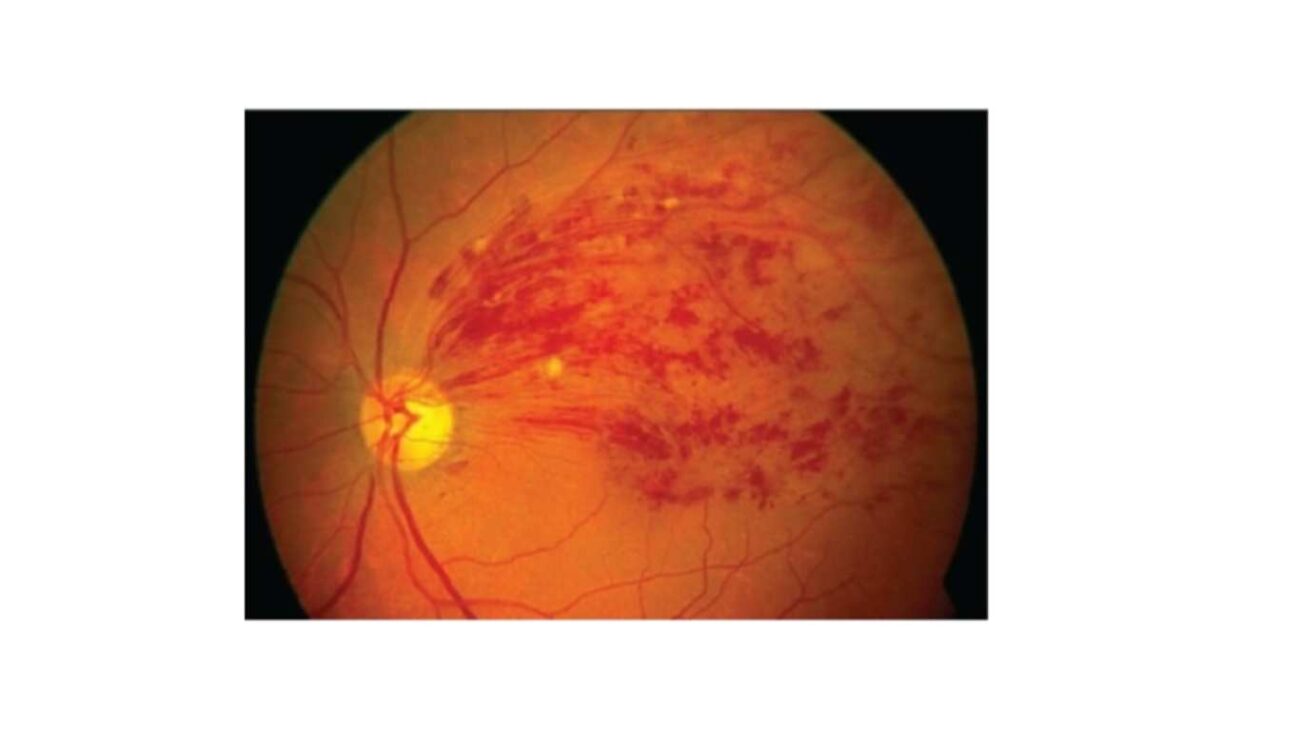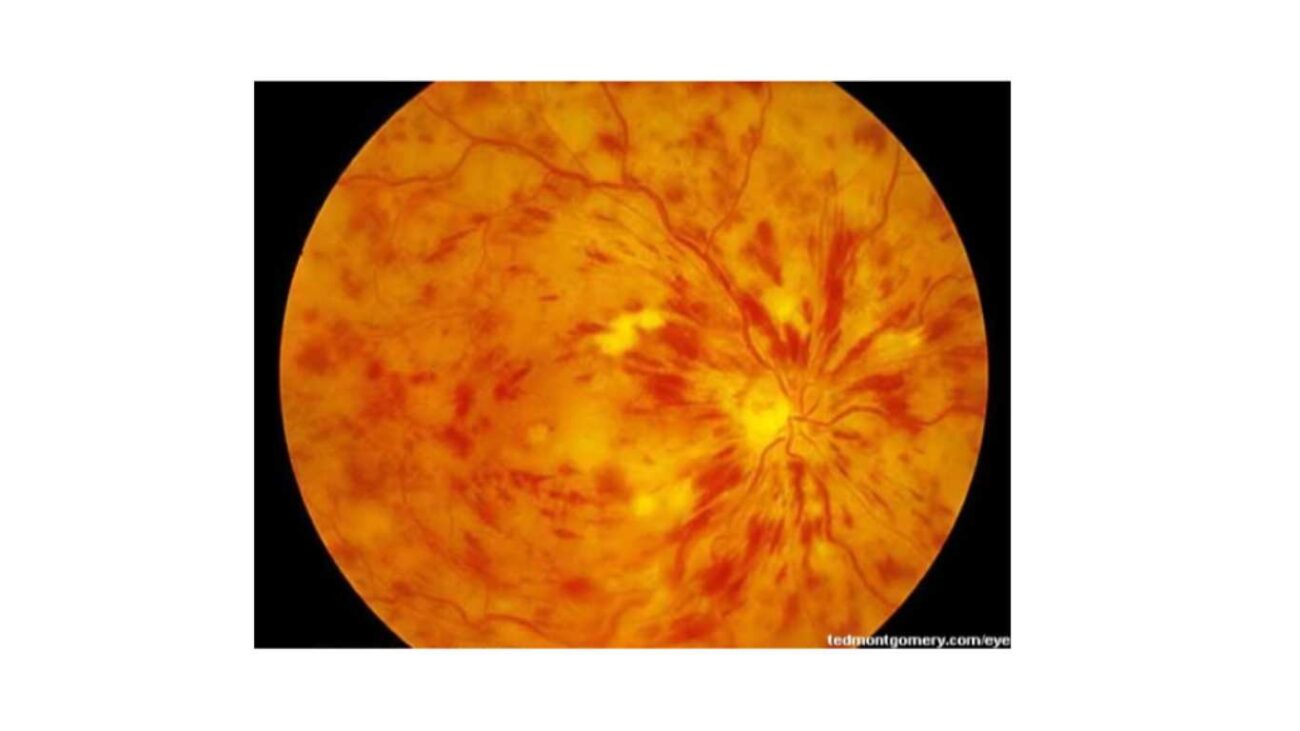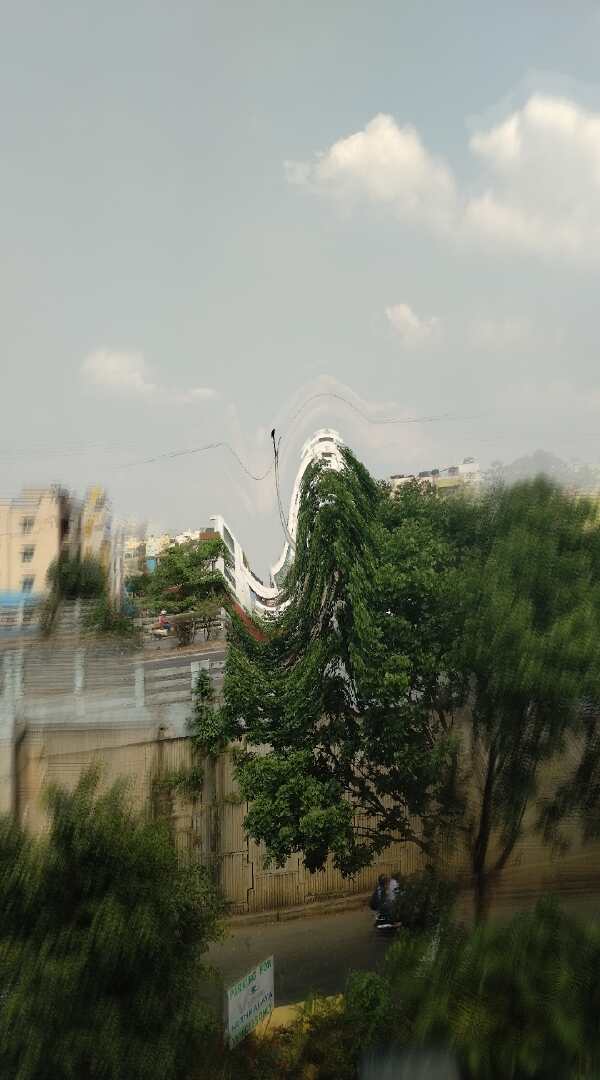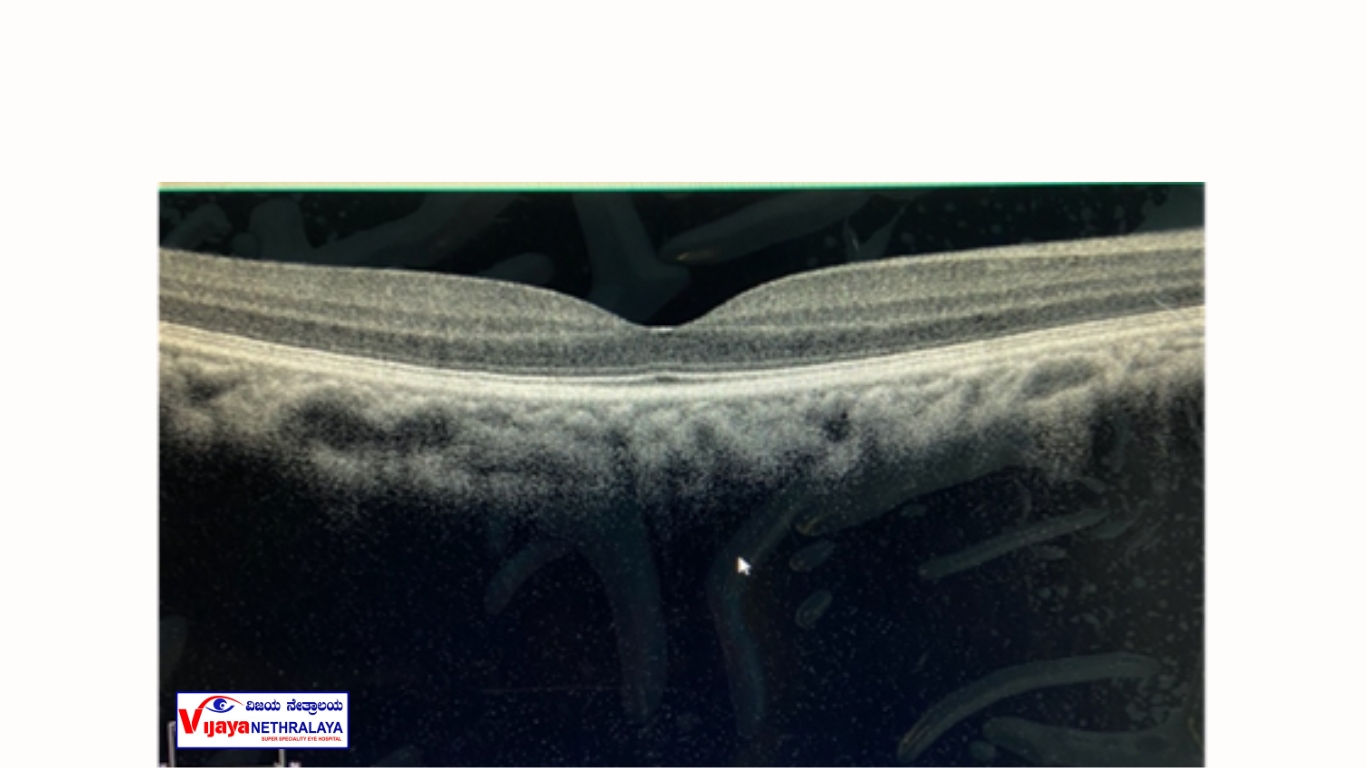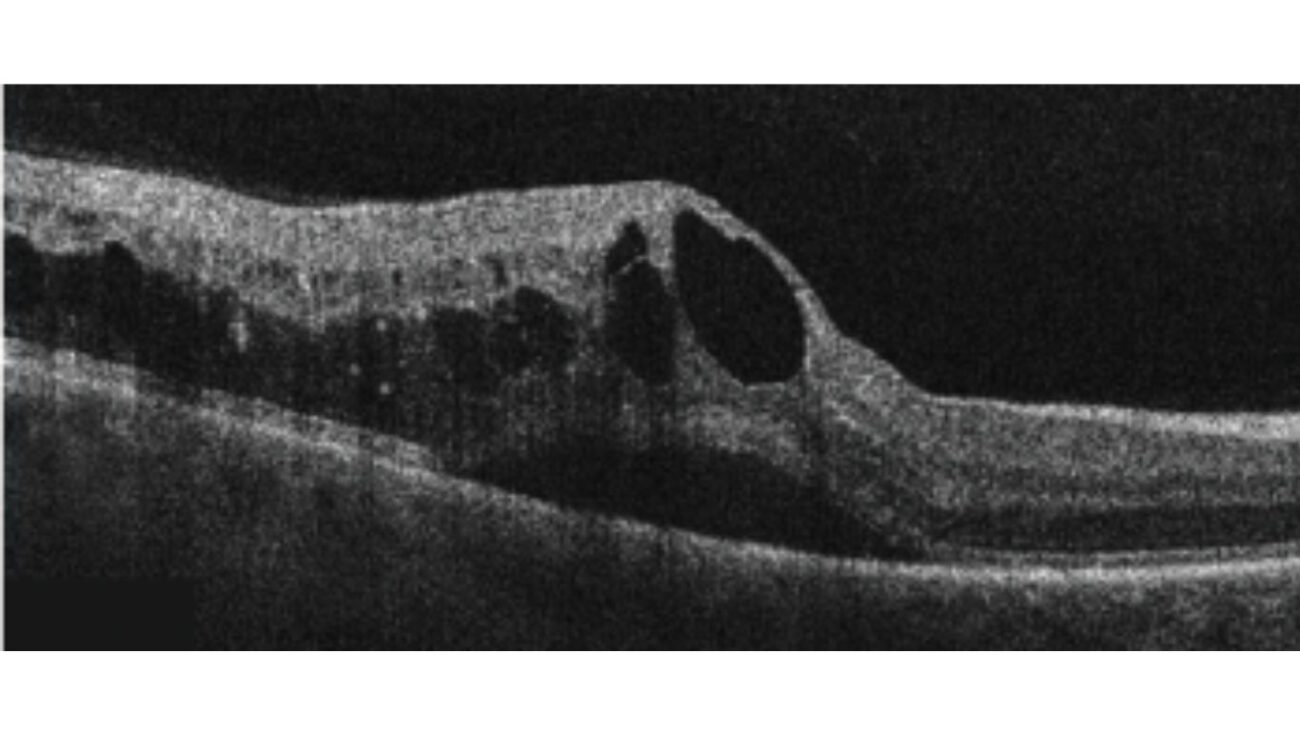What is a Retinal Vein Occlusion?
Retinal vein occlusion (RVO) is a blockage of the normal venous drainage from the retinal tissue commonly by a blood clot or another blood vessel. When the central vein is interrupted it is called the Central Retinal Vein Occlusion,(CRVO) and when a branch is occluded it’s called branch retinal vein occlusion. (BRAVO), Sometimes, the vein draining one half of the retina is blocked, it is called a Hemi Central Retinal Vein Occlusion,(Hemi-CRVO). It is frequently associated with macular edema (swelling of the central retinal layers) and vitreous hemorrhage ( bleeding in the vitreous cavity), which requires treatment with either intravitreal injections, retinal lasers, or surgery.

